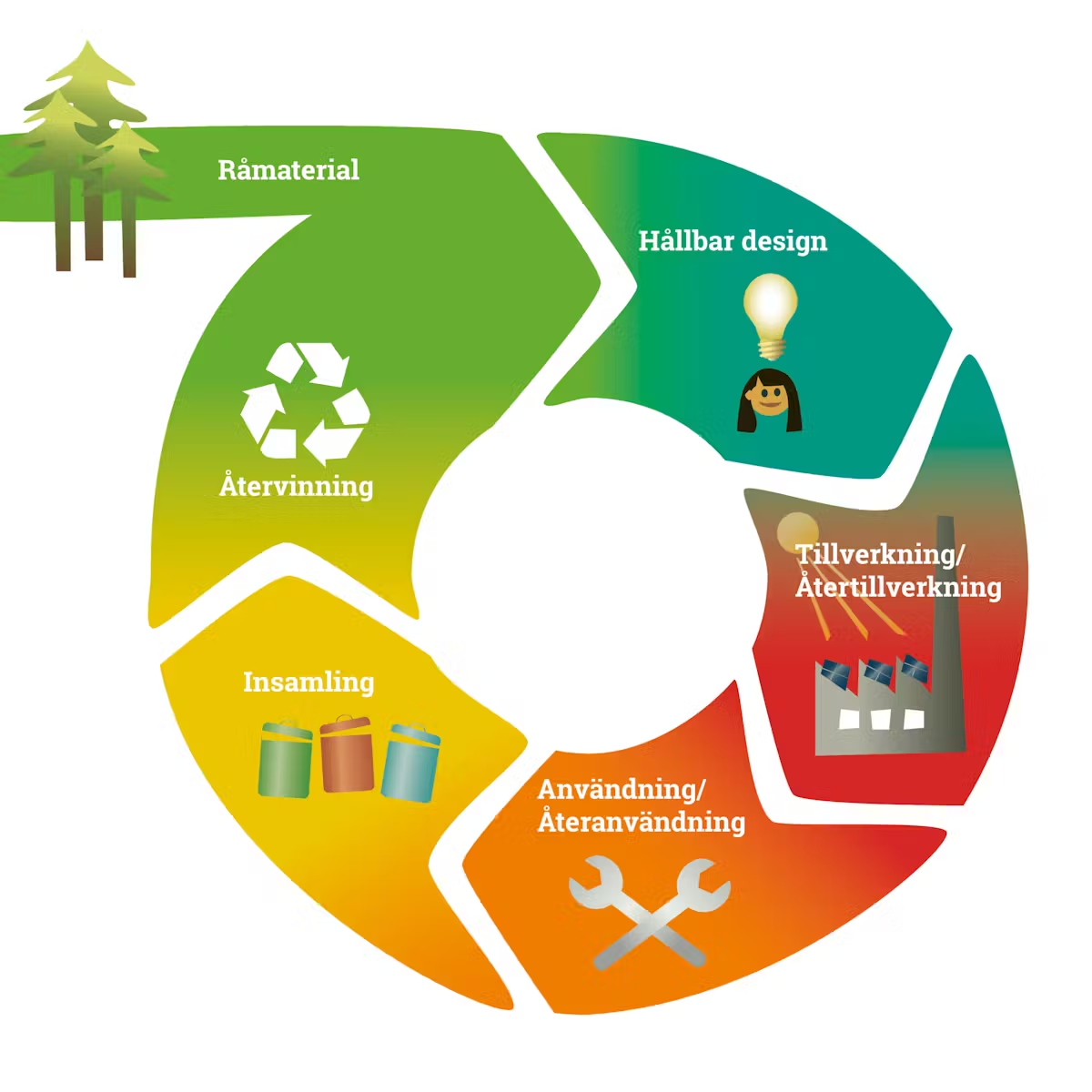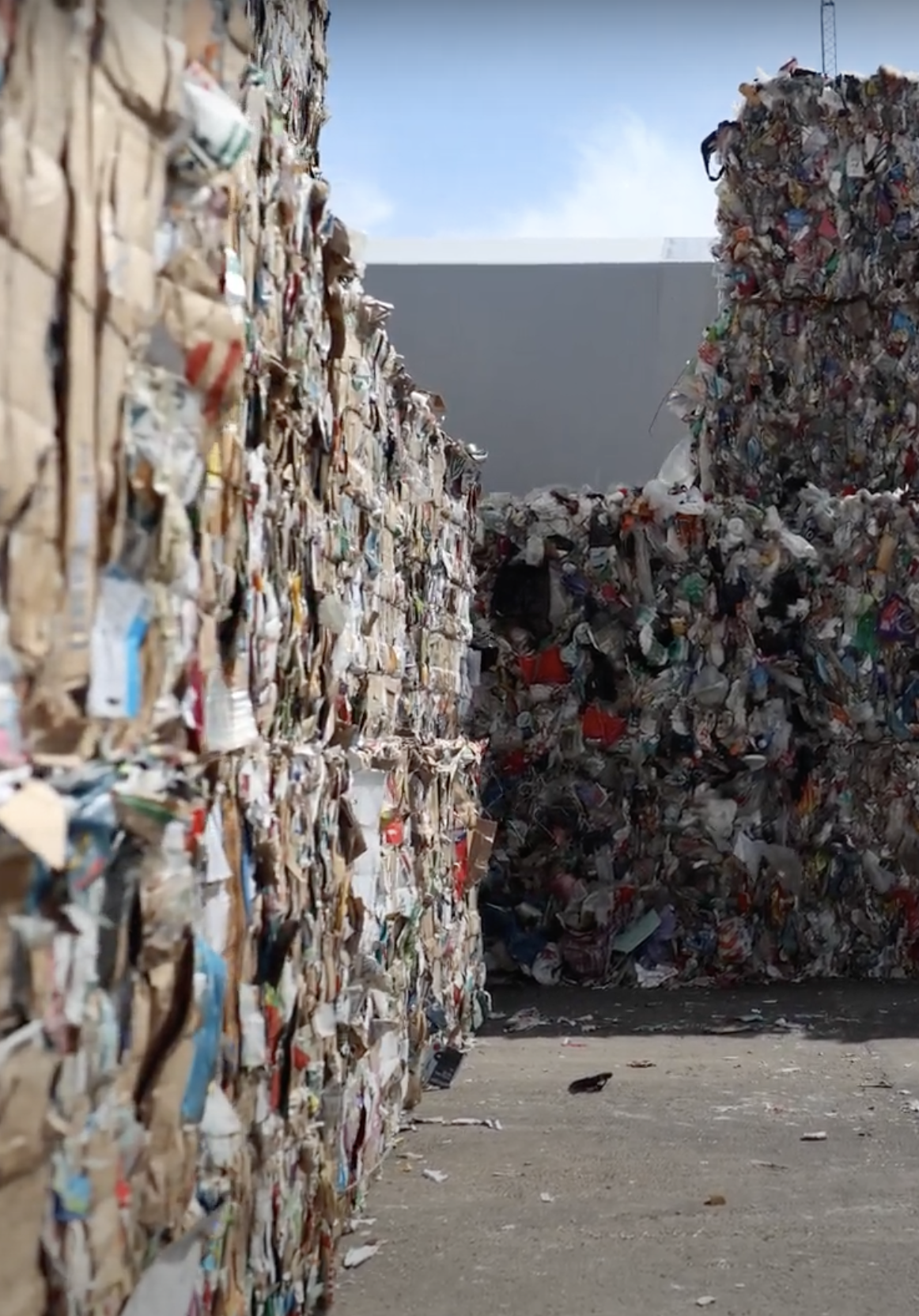Recycling whilst the Cornerstone of Round Financial Transformations
The international shift toward sustainable progress has had the rounded economy in to the spotlight as a transformative product that redefines how methods are maintained and utilized. Central to the transformation is recycling, which acts as the cornerstone of rounded economic systems. By permitting the continuous sell of resources, Recycling Company (Återvinning Företag) facilitates the change from the traditional linear economy—indicated by extraction, use, and disposal—to a regenerative program that reduces spend and boosts reference efficiency.

In a round economy, the objective is to help keep resources in use for so long as probable, extracting optimum price before recovering and regenerating products and materials by the end of the company life. Recycling plays a critical position in that by changing spend in to raw products that re-enter production cycles. This not only conserves finite natural methods but additionally decreases environmental difficulties such as for example pollution, greenhouse fuel emissions, and habitat destruction related to resource extraction and spend disposal.
Recycling's strategic importance in round financial transformations is reflected in their capacity to address a few critical issues confronted by industries and governments. Firstly, the rising need for raw materials due to citizenry development and industrialization has placed unprecedented pressure on international resources. Recycling reduces that stress by supplementing fresh substance source with secondary components, ensuring more secure and sustainable reference flows.
Subsequently, recycling adds significantly to lowering environmentally friendly presence of manufacturing and consumption. Production things from recycled materials usually requires less energy compared to applying virgin resources. For instance, recycling metals and pockets may lead to considerable energy savings, which translates to lessen carbon emissions and an inferior ecological footprint. This power performance supports climate objectives and advances responsible stewardship of the environment.
Additionally, recycling drives development and economic options within round economies. The development of advanced recycling systems, improved substance organizing, and chemical recycling methods increase the quality and volume of recovered materials. These developments open new areas and business designs, fostering economic development while marketing sustainable source management.

Ultimately, recycling encourages effort across supply restaurants, governments, and consumers. Efficient round methods rely on coordinated initiatives to design recyclable services and products, apply effective selection and control infrastructure, and raise consciousness about responsible consumption. That collective diamond is needed for making sturdy, round economies effective at sustaining long-term prosperity.
In conclusion, recycling acts as the fundamental pillar promoting round financial transformations. Its position extends beyond waste management to encompass resource conservation, environmental defense, power efficiency, development, and collaboration. By prioritizing recycling within round economy techniques, industries and communities can open new pathways to sustainability, making a future where financial development and environmental obligation get submit hand.
